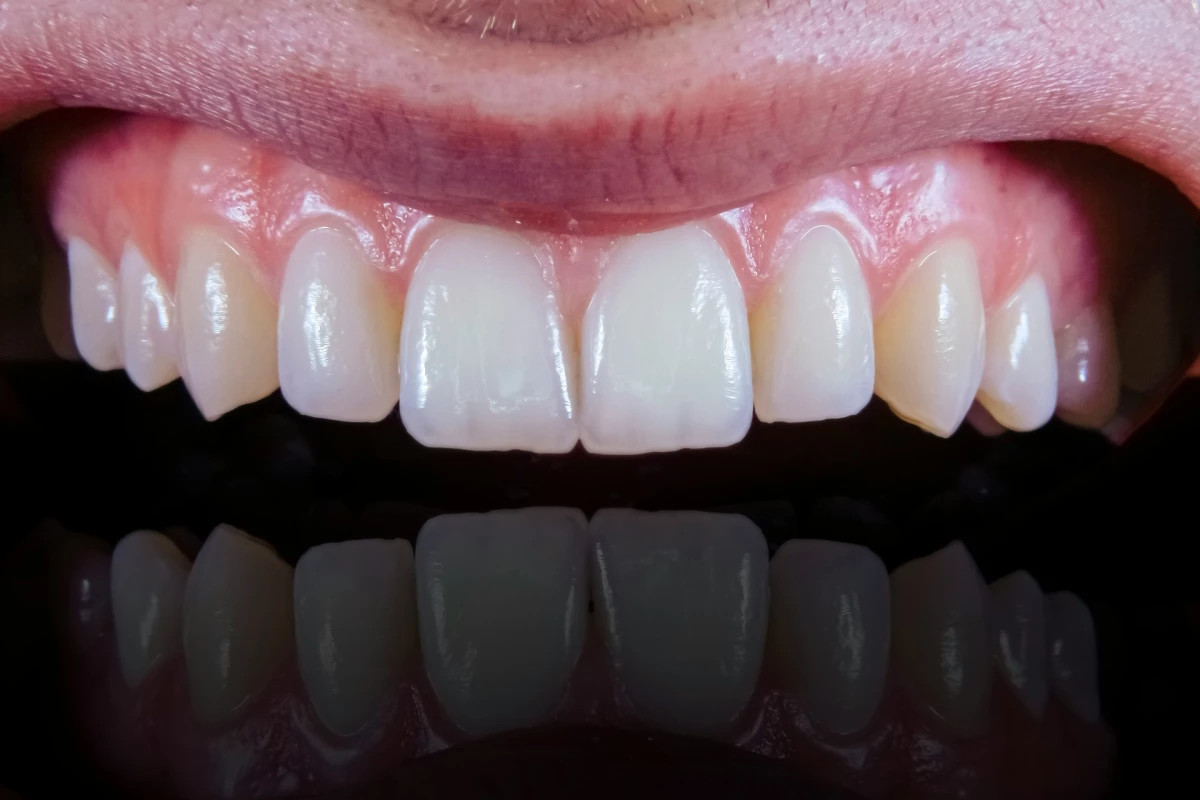It's common knowledge that avoiding too much sugar or acid-containing foods is a good way to keep your oral health on the right track. But a new study now reveals that a common well-regarded eating plan can also have a big positive impact.
After evaluating 200 hospital patients participating in the King's College London Oral, Dental, and Craniofacial Biobank, researchers found that those adhering most closely to a Mediterranean diet had the lowest levels of gum disease. In fact, those on a Mediterranean diet were found to have 65% lower odds of developing severe gum disease than those who adhered to it the least.
Mediterranean dieters also had less deep gum pockets – an indicator of gum disease. Those on the diet had an average gum pocket depth of 2.83 mm while the lowest adherents had average pocket depths of 3.29 mm.
The Mediterranean diet has an emphasis on whole, plant-based foods and healthy fats with limited fish, poultry, and dairy, and very low amounts of red meat. In fact, in their study, the Kings College researchers also found that those who ate the most amount of red meat had nearly three times the risk of severe gum disease than those who ate the least.
When analyzing blood samples of the participants, the researchers found that those who most highly adhered to the Mediterranean diet had lower levels of a range of inflammatory markers. Conversely, those who ate more red meat had high levels of these markers, including Interleukin-6 (IL-6) and C-reactive protein (CRP).
This, they believe, is where the link with the diet and lower gum disease lies. Inflammation is a major trigger of periodontal disease, causing gums to recede and contributing to bone loss in the mouth. Less inflammation, therefore, means less gum disease.
"We observed that there may be a connection between periodontal disease severity, diet, and inflammation," said Giuseppe Mainas, first author of the study. "These aspects should be holistically considered when assessing the treatment for periodontitis in patients. Our research offers an important starting point that can lead to more research to better understand the relationship between food intake and gum disease."
The Mediterranean diet's effect in warding off gum disease is just one more tick in an impressive "Pro" column that includes boosting brain organization; fighting diabetes; battling depression; improving heart health; and more.
"There is emerging evidence about the role that a balanced diet might have in maintaining a periodontal healthy status," concluded research lead, Luigi Nibali. "Our research shows the potential effect that a nutrient-dense, plant-rich diet could play in improving the nation’s gum health. Nevertheless, more investigation is needed to develop personalized approaches to help people manage their gum health."
The study has been published in the Journal of Periodontology.
Source: King's College London via EurekAlert





